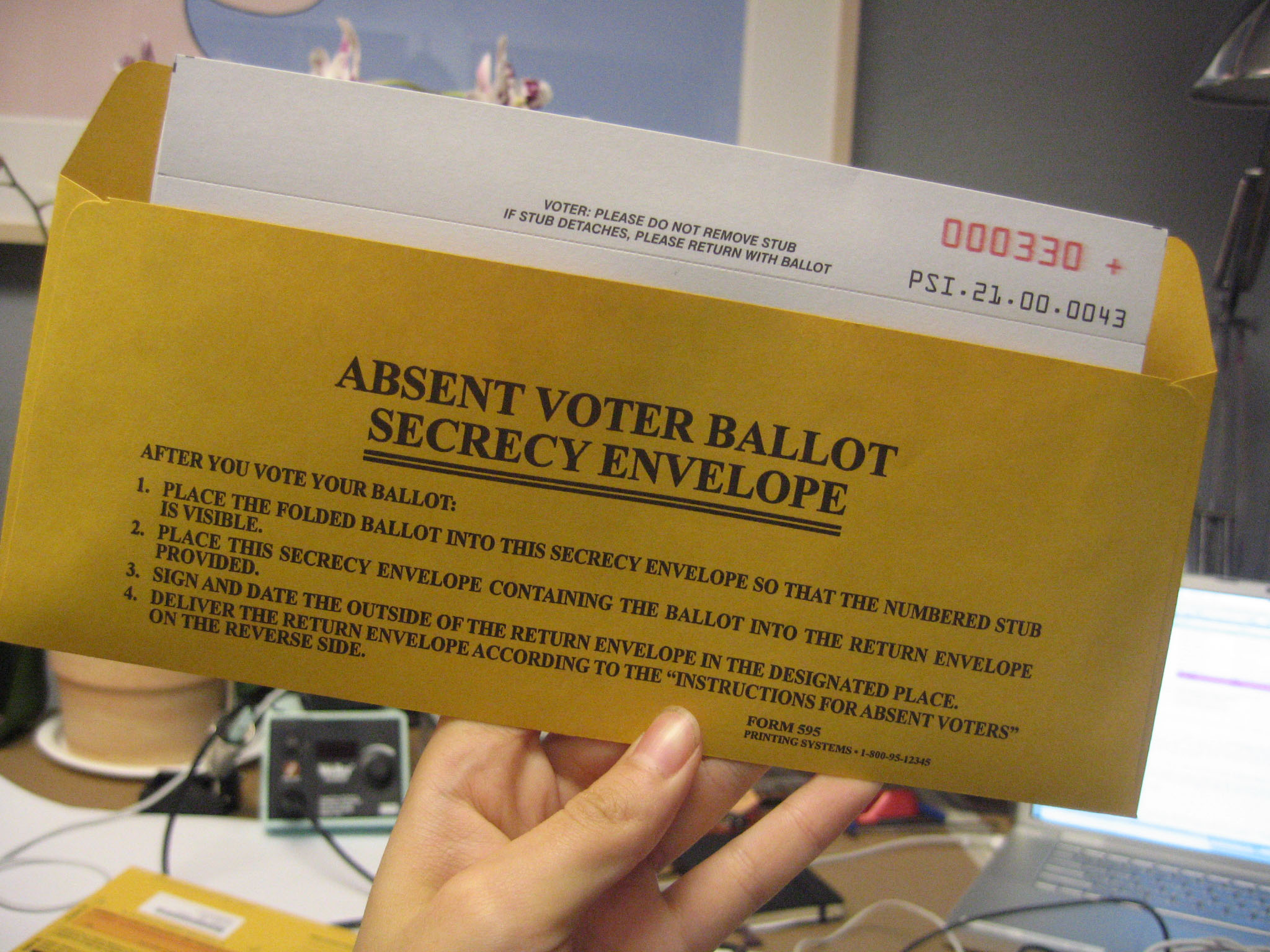Blind Hoosiers File Lawsuit Against the Indiana Election Commission and the Secretary of State

December 3, 2020 – Indianapolis, IN – The ability to vote privately and independently is a fundamental right and an essential component of democracy in the United States. However, in Indiana, these rights are not guaranteed to all voters. In fact, Indiana has one of the most restrictive absentee voting systems in the country for blind voters because it only permits them to vote at home by appointment with a “traveling board” of elections officials. Hoosier voters who are blind or have low vision could easily vote privately and independently at home using electronic tools. Instead, they are being forced to choose between giving up their right to vote privately and independently, risk exposing themselves to COVID-19 at the polls, or not voting at all. Click here to read the complaint.
In a lawsuit filed today in federal district court in the Southern District of Indiana, plaintiffs Rita Kersh, Kristin Fleschner, and Wanda Tackett, joined by the Indiana Protection and Advocacy Services Commission and American Council of the Blind of Indiana, assert that the Indiana Election Commission and the Secretary of State are discriminating against voters who are blind or have low vision by not offering the necessary accommodations that these voters need to vote privately and independently when using the absentee vote-by-mail program.
In Indiana, the Indiana Election Commission and the Secretary of State have known for quite some time that the current absentee vote-by-mail system is inaccessible to voters who are blind or have low vision. “The American Council of the Blind of Indiana has tried to bring this problem to the IEC and SOS’s attention, but they have declined to work with us to implement an accessible way to vote at home. That’s why this suit was necessary,” said Dee Ann Hart, a member of the Board of Directors of the ACB-I and its Advocacy and Awareness Committee Chair.
Furthermore, both the Indiana Election Commission and the Secretary of State have had over 30 years to comply with the Americans with Disabilities Act (ADA) which was signed into law by President George H. W. Bush on July 26, 1990.
The lawsuit provides concrete examples of successful, accessible absentee voting programs that are currently being used by other states and explains how Indiana’s existing accessible military and overseas voting options could be expanded to include voters who are blind or have low vision.
“Because of Indiana’s restrictive requirements, I was deprived of my vote during this year’s general election,” said Wanda Tackett, a plaintiff in the suit. “My niece has vision impairment and I work with a young boy who is blind, and through this case, I want to empower them and other future voters to make sure that this kind of violation never happens again.”
“Let’s make equal access an integral part of voting and find ways to increase civic engagement rather than make it hard,” said Kristin Fleschner, another plaintiff. “Our officials and policies will only represent our ideals if everyone is able to vote privately and independently.”
“Voting is one of our most important rights. By operating a voting program inaccessible to some people with disabilities, Indiana is creating unnecessary and unlawful barriers to the voting process,” said Tom Crishon, Indiana Disability Rights Legal Director. “Voters with disabilities must have equal access to all aspects of Indiana’s voting program, including absentee voting.”
“The right to a secret ballot is a fundamental right that most Americans take for granted,” said Jelena Kolic, an attorney with Disability Rights Advocates. “Unfortunately, Indiana has failed to respect that right for voters with certain disabilities. Through this case, we hope to ensure that all Hoosier voters are granted equal access to a private and independent vote.”
The plaintiffs are seeking only injunctive relief, not monetary damages, and are represented by attorneys from Indiana Disability Rights and Disability Rights Advocates.
###
Indiana Disability Rights (IDR) is the designated Protection and Advocacy (P&A) System and Client Assistance Program (CAP) for the State of Indiana. The mission of Indiana Disability Rights is to protect and promote the rights of individuals with disabilities through empowerment and advocacy. For more information, visit www.IndianaDisabilityRights.org.
Disability Rights Advocates is a leading national nonprofit disability rights legal center. Its mission is to advance equal rights and opportunity for people with all types of disabilities nationwide. DRA has a long history of enforcing the rights of voters with disabilities, including their rights to accessible voting machines, polling places, and online voter registration. Visit www.dralegal.org.
